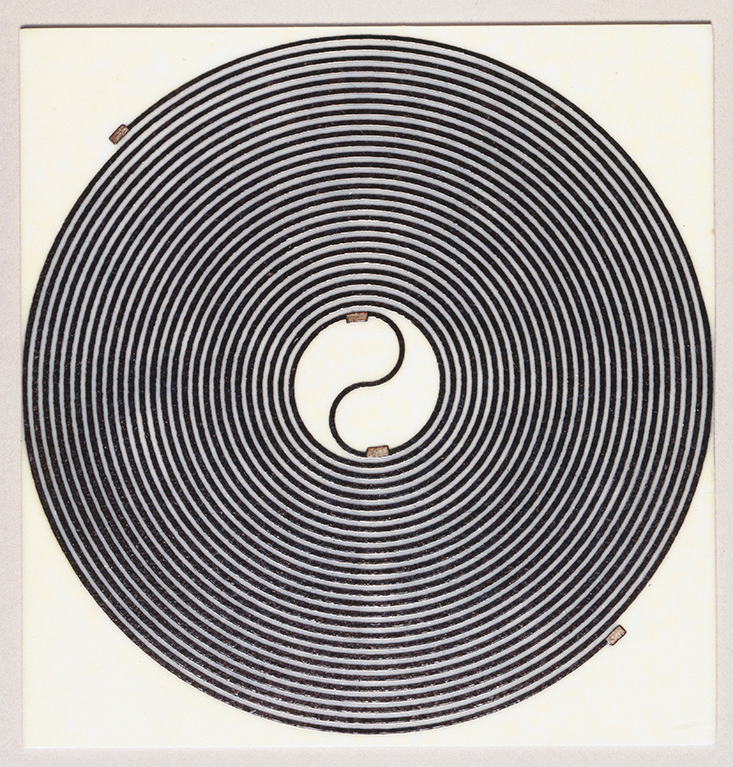The opposite of meaning is meaninglessness. DNA is not meaningless. I don't like to reduce meaning to information, but you seem to think information is important/sufficient. DNA obviously carries information. It carries all the information you need to construct all life on earth.Vraith wrote:Order, structure---no, they are not meaning, they have no meaning. Precisely correct.Zarathustra wrote: So there is no meaning in DNA? It's just random molecular junk? It's a total coincidence that human DNA usually produces a human?
There is no meaning in the motion of celestial bodies? They just randomly move about without order?
There is function/process to DNA...ask any amoeba. Information.
It's not junk, coincidence...but that doesn't mean it's meaning.
What do you mean by "meaning" if not useful information? It's not only useful, it's put to use!
Vraith wrote:Beauty is in the eye of the beholder.
Meaning is in the minds of the watchers.
Well, I disagree about beauty, but I realize it's a controversial position. I forgot if you have THE BEGINNING OF INFINITY like some of us here, but Deutsch makes a powerful argument for objective beauty, rather than subjective.
What exactly do you think watchers add to the situation? How can meaning be added to something merely by watching it? It either has meaning or it does not. Watching it doesn't change it (if we ignore quantum mechanics for now). You're basically saying that meaning is imaginary. But buildings aren't imaginary, and they are the meaning of the blueprint. Granted, buildings don't exist without builders, but that's why I brought up DNA. The meaning of DNA is the organism which derives from it. That's not imaginary either. Watching an organism doesn't add anything to this process. In fact, we've been watching organisms for 1000s of years without realizing that DNA is their blueprint. So the meaning of DNA has been expressing itself right before our eyes for 1000s of years without our knowledge. Watching didn't add anything. We discovered this meaning through a painstaking process of discovery.
I'll grant that, but only because Cathedrals have symbolic meaning, which is different from what I'm talking about. DNA isn't just a symbol of a organism's blueprint, it literally holds all that information.Vraith wrote:No essential thing is in a Cathedral...what makes it MEAN is in the participating beings. It is endowed/imposed upon on the thing symboli-communicatively.
I'm not sure what the word "GET" adds to your point. "1+1=2" will always be true whether there exists beings to know this or not. It's no more non-existent than all the other mathematical truths we're currently not thinking about. They don't disappear merely because we're not thinking about them. Their reality doesn't consist of running through a human's brain. Their truth is independent of human subjectivity. They are objectively true, and this would be impossible if their truth depended upon being thought.Vraith wrote:there is no way to GET to 1+1=2
UNLESS
you are a being capable of naming, creating, organizing, defining, then stripping and abstracting.



